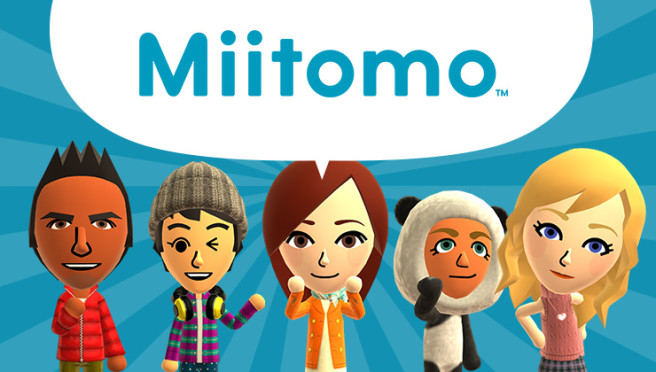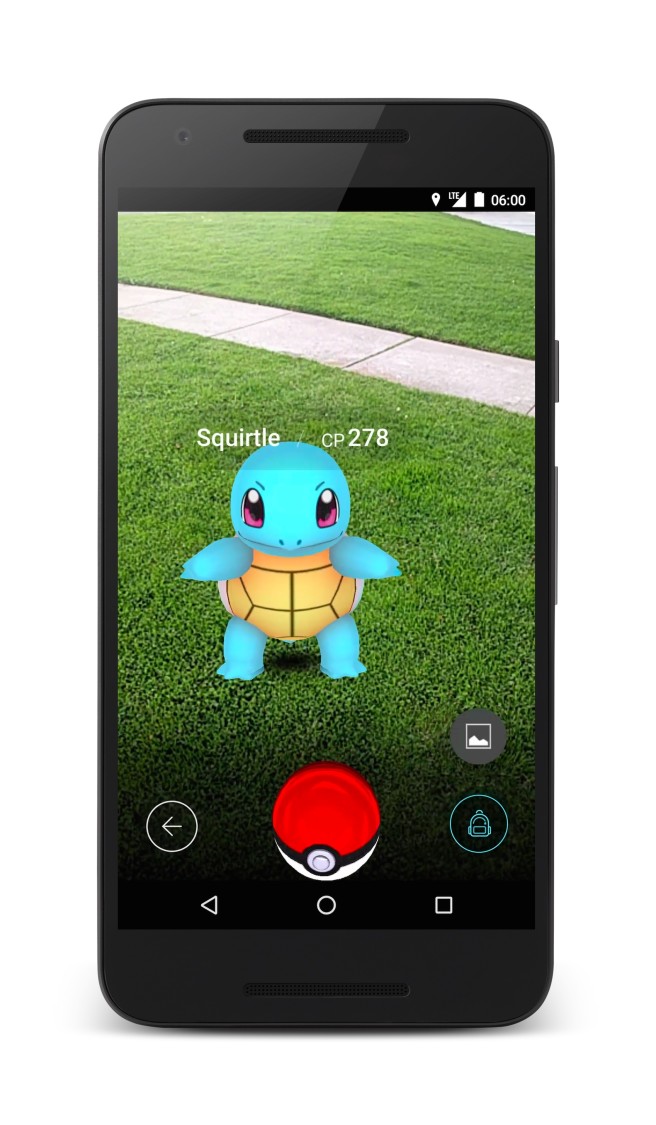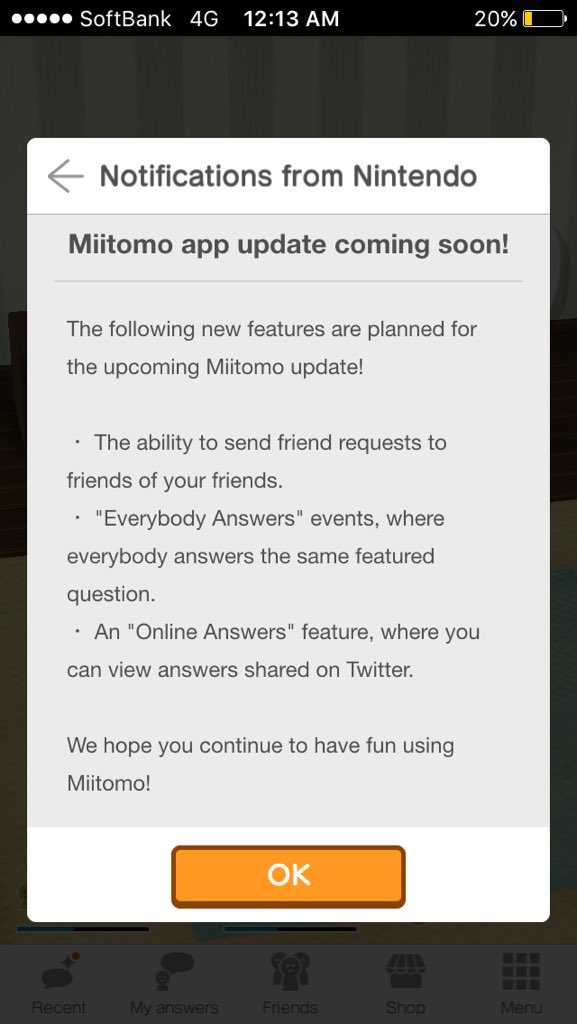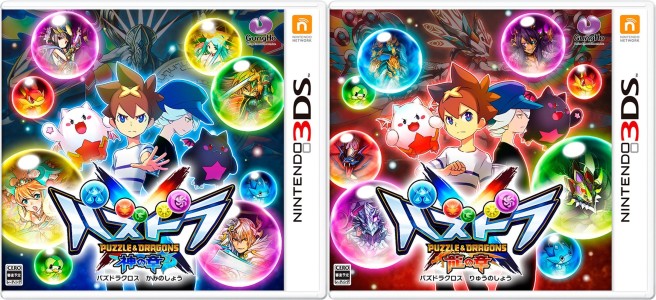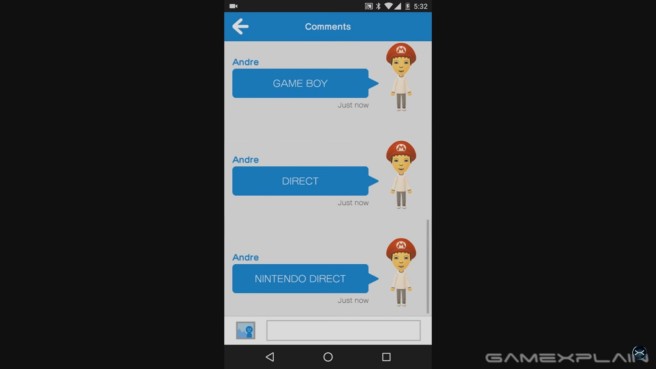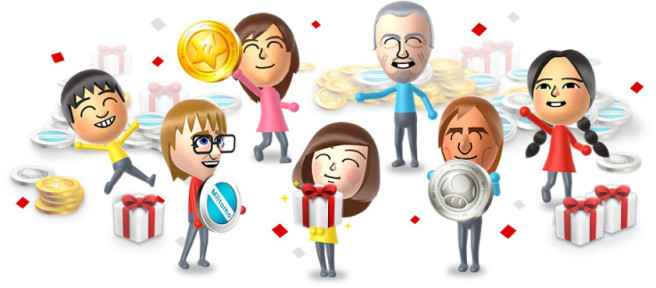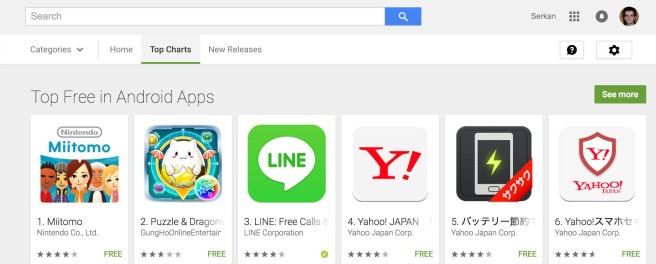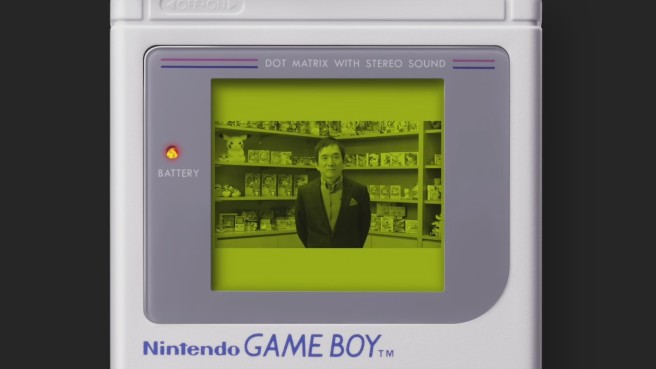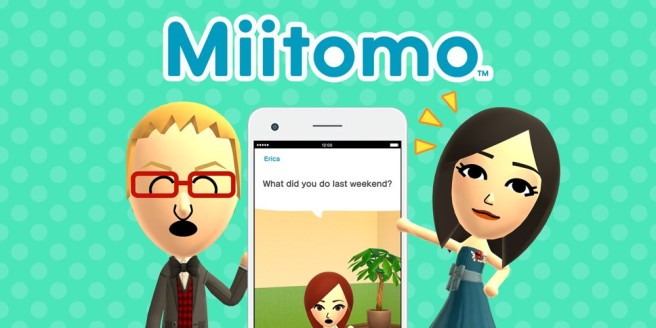[Let’s Talk] What do you think of Pokemon GO?
Posted on 9 years ago by Brian(@NE_Brian) in Let's Talk, Mobile | 14 Comments
Let’s Talk #43: What do you think of Pokemon GO?
Pokemon GO was announced about a year ago. But just within the past week, we’ve seen the first off-screen footage and some gameplay screenshots. Niantic and The Pokemon Company divulged new information as well.
Based on what we’ve seen over the past few days, how do you feel about Pokemon GO? Are you less interested compared to the initial reveal, or maybe more? Are you still planning on giving it a shot upon release? Let us know in the comments below.
Highlights from last week’s topic: What are you playing? – March 2016
English Miitomo site no longer includes notice of March 2016 launch
Posted on 9 years ago by Brian(@NE_Brian) in Mobile, News | 58 Comments
When Nintendo put up the English Miitomo site, it included a small note that the app would be available in March. Now, however, this has been removed entirely.
Here’s what the page originally looked like:
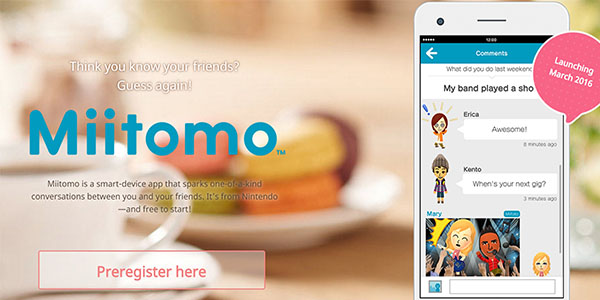
And what it shows now:
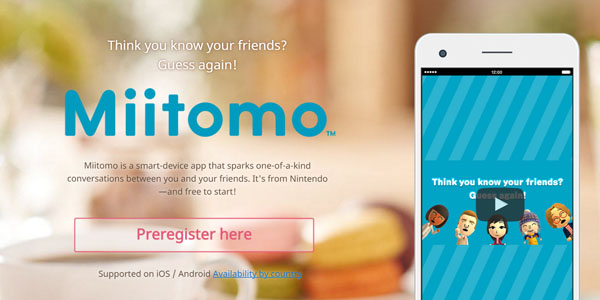
It doesn’t make much sense to speculate as to what’s happening with Miitomo’s launch outside of Japan right now. If we don’t see it by the end of next Thursday, then we’ll know something’s up!
More: Miitomo
First direct-feed Pokemon GO screenshots, more details
Posted on 9 years ago by Brian(@NE_Brian) in Mobile, News | 16 Comments
Niantic has posted the first official screenshots from Pokemon GO. We’ve rounded up the images in the gallery below.
The following information has also been posted on the official Pokemon website:
Travel between the real world and the virtual world of Pokémon with Pokémon GO for iPhone and Android devices! With Pokémon GO, you’ll discover Pokémon in a whole new world—your own! Pokémon GO will use real locations to encourage players to search far and wide in the real world to discover Pokémon.
The Pokémon video game series has used real-world locations such as the Hokkaido and Kanto regions of Japan, New York, and Paris as inspiration for the fantasy settings in which its games take place. Now the real world will be the setting!
More: Niantic, Pokemon GO, top
Miitomo getting an update soon
Posted on 9 years ago by Brian(@NE_Brian) in Mobile, News | 0 comments
Nintendo is planning an update for Miitomo that will come out in the near future. Three key elements are in the works.
When the update is made available, it will be possible to send friend requests to friends of your friends. There will also be “Everybody Answers” events in which users will answer the same featured question. Finally, Miitomo will have an “Online Answers” feature where you can view answers shared on Twitter.
More: Miitomo, title update
Scans roundup – Dragon Quest Monsters: Joker 3, Puzzle & Dragons X, more
Posted on 9 years ago by Brian(@NE_Brian) in 3DS, 3DS eShop, Images, Mobile | 2 Comments
This week’s Famitsu scans are now available. Highlighted games include Chase: Unsolved Cases Investigation Division, Dragon Ball: Fusions, Dragon Quest Monsters: Joker 3, Miitomo, and Puzzle & Dragons X. Scans of each title can be found in the gallery below.
A look at some Miitomo Easter eggs
Posted on 9 years ago by Brian(@NE_Brian) in Mobile, Videos | 2 Comments
Miitomo is packed with some neat little Easter eggs. There are a couple of Nintendo-specific ones, such as “Nintendo” itself as well as “Nintendo Direct”. You can get a look at these and more in GameXplain’s video below.
More: Miitomo
Nintendo stocks rise following Miitomo’s successful launch
Posted on 9 years ago by Matt(@OnePunchMaz) in Mobile, News | 12 Comments
Following Miitomo’s recent successes after its launch in Japan, Bloomberg reports that Nintendo’s stocks rose by 8.2 %, being valued at 16,515 yen as of today. This is the biggest jump Nintendo’s stocks have seen since February 2015. Nintendo’s partner (and mutual shareholder) DeNA saw a similar increase in their stocks, which went up by 6.5 %.
Granted, stocks, by nature, see a constant up-and-down, but it’s still good news for Nintendo after what can undoubtedly be called a successful launch for Miitomo. Of course, now everyone’s eyes turn towards the app’s launch in many western countries, which is scheduled for “late March” – likely next week.
Japan: Miitomo is number one on the Android charts as the top free download
Posted on 9 years ago by Brian(@NE_Brian) in Mobile, News | 15 Comments
Miitomo is available on two major platforms in Japan right now: iOS and Android. We know that Nintendo’s debut mobile app has been tearing up the Apple charts, but what about Google? At the moment, Miitomo is sitting at the top of the charts as the top free download for Android apps.
Nintendo brought out Miitomo in Japan last Thursday. It’s expected to head west by month’s end.
More: Miitomo
Pokemon CEO on the series’ early days and rise in popularity, bringing it west, more
Posted on 9 years ago by Brian(@NE_Brian) in General Nintendo, Mobile, News | 6 Comments
A few weeks ago, Japanese outlet Inside Games published a lengthy interview with Pokemon CEO/president Tsunekazu Ishihara. There was a tiny bit about the current status/future of the series (Pokemon GO), but it was more reflective about the franchise in general and its past. Ishihara went in-depth about how the game series started and the importance of the Link Cable which helped boost popularity, bringing the franchise overseas and naming Pokemon, and more.
It took some time, but we now have a complete translation of the interview. Head past the break to read it in full.
More: Game Freak, interview, Pokemon, Pokemon GO, top, Tsunekazu Ishihara
Miitomo tops 1 million users
Posted on 9 years ago by Brian(@NE_Brian) in Mobile, News | 14 Comments
Miitomo has surpassed one million users, Nintendo has announced. That milestone was reached in just three days.
Miitomo debuted in Japan on March 17. It should be making its way to other territories before the end of the month, along with My Nintendo.

